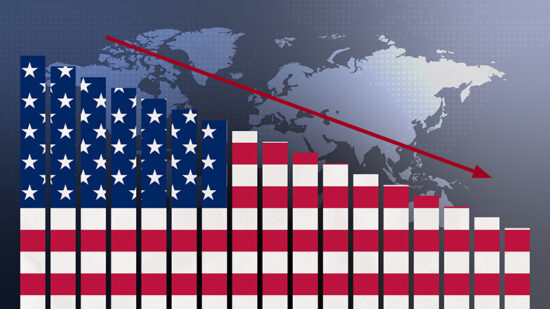Of the remaining options, 29% of delegates believed geopolitics to pose the biggest threat. A hard landing in China was cited by 12%, 9% voted for inflation and the catch all ‘other’ option got 12% of the vote.
Given all the talk of Brexit and the litany of elections that follow soon after both in the US and Europe, it seems surprising that the possibility of a US slowdown has so many worried, but on further thought, it makes sense, given it is, arguably, the risk that is least priced in by markets.
Few would have been surprised by the Fed’s decision on Wednesday not to raise rates after the most recent poor payrolls number, not to mention the exceptionally keen knife edge on which the Brexit vote is balanced, but consensus remains that the Fed chair, Janet Yellen and Co will still raise rates at least once more this year.
As JPM Global Macro Opportunities Fund manager, Talib Sheikh, said in reaction to the Fed’s decision: “We think the debate at recent meetings has been more about the path rather than the direction of policy rates and that the rate rise in December 2015 was the first in what will be a continued sequence or rate increases. Additional clarity on the outlook and global risks should be supportive of a hike in July or September and another at the end of the year.
According to Sheikh, this view underpins the fund’s own positive view of the US economy, “as well as the general caution we exercise in our portfolios given a somewhat uncertain global outlook,” he said in a recent note, adding that as a result of this the fund has a preference for high-quality US equities within an overall neutral view on the asset class, as well as an overweight in credit as a lower-risk way of playing a constructive economic view.








